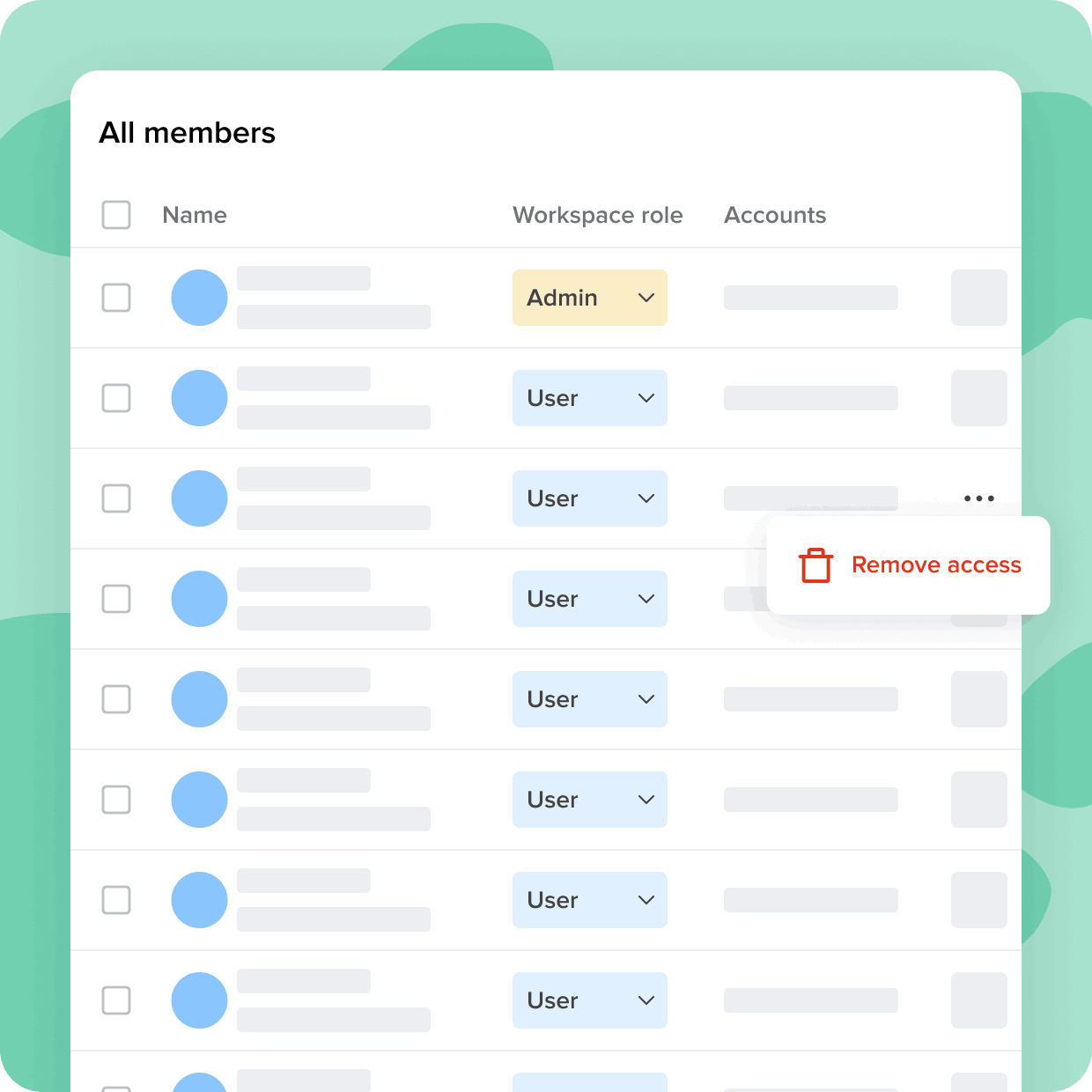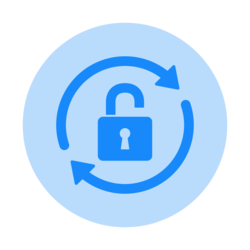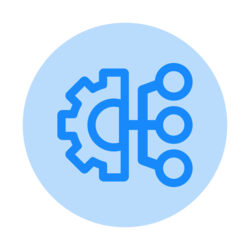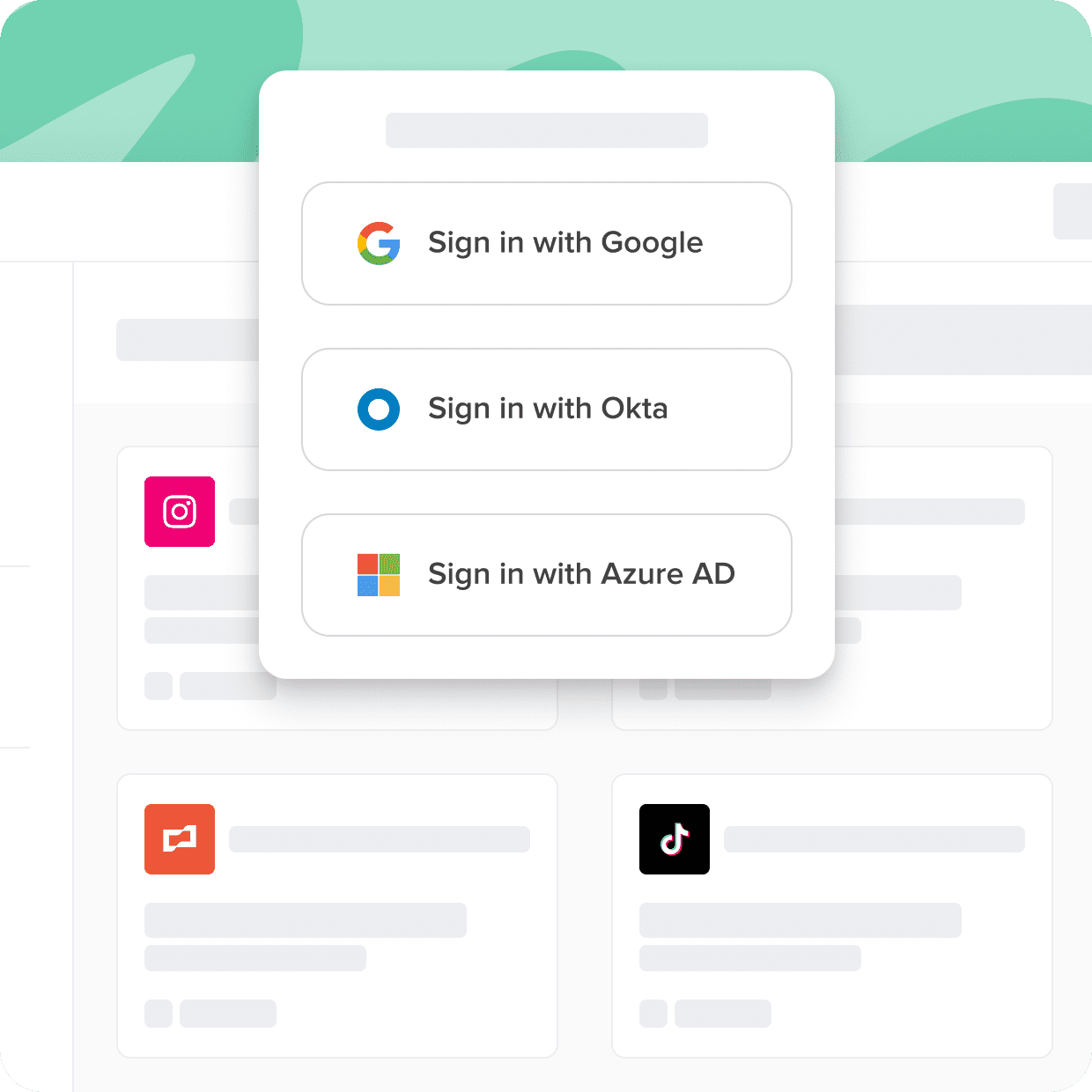Automated provisioning for Athenahealth
In the ever-evolving landscape of healthcare technology, organizations are increasingly relying on robust solutions like Athenahealth SCIM (System for Cross-domain Identity Management) to revolutionize user management, authentication, and access control, ultimately improving operational efficiency and data security.
Regrettably, most business applications are incompatible with the SCIM specification, which automates user onboarding and offboarding from applications. These "nonfederated" applications, in the cloud and on-premises, are a growing area of risk for businesses.

The good news is that Cerby seamlessly integrates all your applications with your identity provider, regardless of whether they align with the SCIM specification.
In this informative guide, we'll delve into the specifics of Athenahealth software, explore its historical evolution, and illuminate its advantages.
Automate onboarding and offboarding to any app
With Cerby you can

Automate offboarding

Centralize management
Cerby provides a bridge between your identity provider and applications that don't support SCIM, giving you a centralized dashboard to manage offboarding across all applications, eliminating the need for manual processes and reducing the risk of errors.

Offboard with confidence
Offboard like a boss with Cerby
Automated provisioning for Athenahealth
In the world of healthcare, efficient management of user access to digital systems and applications is crucial for maintaining data security and privacy. One such system widely used in the healthcare industry is: Athenahealth.
Athenahealth provisioning and deprovisioning refer to the processes of granting and revoking user access to Athenahealth, a popular cloud-based electronic health record (EHR) system.
- Provisioning involves granting users the necessary permissions and access credentials to utilize the Athenahealth application.
- Deprovisioning is the procedure of revoking those access privileges when they are no longer required.
Having a well-defined provisioning and deprovisioning policy is of utmost importance for healthcare organizations. It ensures that only authorized personnel have access to sensitive patient information stored within the Athenahealth system, thereby safeguarding patient privacy and complying with industry regulations, such as the Health Insurance Portability and Accountability Act (HIPAA) in the United States.
Setting up provisioning and deprovisioning typically involves the following steps:
1. Policy development
Organizations need to establish a comprehensive policy that outlines the rules and procedures for provisioning and deprovisioning user accounts in Athenahealth. This policy should encompass user roles, access levels, approval processes, and the responsibilities of various stakeholders involved.
2. User onboarding
When a new user joins the organization, the provisioning process begins. This includes creating a user account, assigning appropriate user roles and permissions based on their job requirements, and providing them with unique Athenahealth access credentials.
3. User deprovisioning
When a user leaves the organization or no longer requires access to Athenahealth, their user account must be promptly deactivated. This ensures that former employees or individuals with outdated roles cannot access sensitive patient information. Deprovisioning also involves revoking any associated access credentials.
4. Access review and auditing
Regular access reviews should be conducted to evaluate the appropriateness of user access privileges within Athenahealth. This helps identify any discrepancies or potential security risks and enables organizations to take corrective actions.
5. Training and awareness
Proper training and awareness programs should be implemented to educate employees about the importance of adhering to the provisioning and deprovisioning policies. This ensures that users understand their responsibilities and follow the established procedures diligently.
Athenahealth provisioning and deprovisioning are vital processes that enable healthcare organizations to manage user access effectively and protect sensitive patient data. By implementing a robust provisioning and deprovisioning policy, organizations can ensure that only authorized individuals have access to the Athenahealth app and maintain compliance with relevant regulations.
Athenahealth user access management
Athenahealth user access management plays a crucial role in ensuring both privacy and security within healthcare organizations and is of paramount importance for cybersecurity and risk management purposes.
Privacy and security are paramount in the healthcare industry, given the sensitive nature of patient information. Effective user access management in Athenahealth ensures that only authorized individuals can access patient data and perform necessary tasks within the system. By assigning specific roles and permissions to users, organizations can control and restrict access to patient information, preventing unauthorized disclosure or misuse.
Furthermore, Athenahealth offers patient-facing applications that allow individuals to:
- Interact directly with their Athena health providers
- View their medical records
- Schedule appointments
- Access other healthcare-related services
Proper user access management ensures that only the intended individuals can access their own personal health information through these applications. This helps protect patient privacy and prevents unauthorized access to their sensitive data.
API solutions also require stringent user access management. APIs (Application Programming Interfaces) facilitate integration with other systems and applications, enabling seamless data exchange. Effective user access management ensures that only authorized applications and developers can access and utilize the APIs, preventing potential data breaches or unauthorized use of patient information.
User access risks pose a significant threat to the security of healthcare organizations. Weak or inadequate access management can lead to unauthorized access, data breaches, identity theft, and other cybersecurity incidents. By implementing strong user access management controls, healthcare organizations can mitigate these risks significantly.
A robust user access management system in Athenahealth includes features such as:
- Strong authentication mechanisms
- Access controls based on the principle of least privilege
- Regular access reviews
- Audit trails
Measures like these help organizations identify and address potential security vulnerabilities, detect any suspicious activities, and ensure accountability.
From a risk management perspective, effective user access management minimizes the likelihood and impact of security incidents. By controlling and monitoring user access, organizations can prevent internal threats, such as unauthorized access by disgruntled employees, as well as external threats from hackers and malicious actors seeking to exploit system vulnerabilities.
Authentication and provisioning
Authentication and provisioning are essential components of user access management for Athenahealth software. This section will delve into what authentication and provisioning entail, and discuss how businesses can establish policies and automation around these processes to enhance efficiency and security.
Authentication
Authentication is the process of verifying the identity of a user attempting to access a system or application. It ensures that only authorized individuals can gain access to Athenahealth software. Authentication methods commonly employed include:
- Passwords
- Biometric factors (such as fingerprint or facial recognition)
- Multi-factor authentication (MFA)
Strong authentication mechanisms are crucial to prevent unauthorized access and protect sensitive patient data.
Provisioning
Provisioning, on the other hand, refers to the process of granting appropriate access privileges to users within the Athenahealth system. It involves:
- Setting up user accounts
- Assigning user roles and permissions based on job responsibilities
- Providing access to specific features and functionalities
User provisioning ensures that individuals have the necessary access to perform their tasks effectively while adhering to the principle of least privilege, granting only the minimum permissions required for their job roles.
To create effective policies and automation around authentication and provisioning in Athenahealth, businesses should consider the following:
1. User access provisioning policy
Establishing a comprehensive user access provisioning policy is crucial. This policy should outline the rules and procedures for granting and managing user access within Athenahealth. It should define user roles, their associated permissions, approval processes, and any necessary documentation or forms required for access provisioning.
2. Role-Based Access Control (RBAC)
Implementing RBAC simplifies user access management by assigning permissions based on predefined user roles. This approach ensures that individuals with similar job responsibilities have consistent access privileges. It streamlines the provisioning process and reduces the risk of errors or inconsistencies.
3. Automation and workflow management
Utilizing automation tools and workflow management systems can streamline the authentication and provisioning processes. Automation can generate user accounts, assign roles and permissions based on predefined templates, and trigger notifications to relevant stakeholders. This reduces manual effort, increases efficiency, and minimizes the risk of human errors during provisioning.
4. Integration with Identity and Access Management (IAM) systems
Integrating Athenahealth software with an IAM system allows businesses to centralize user authentication and provisioning processes. IAM systems provide a unified platform to manage user identities, access privileges, and authentication methods across multiple applications. This integration enhances security and simplifies user management tasks.
5. Regular access reviews
Conducting periodic access reviews is crucial for maintaining the integrity of user access. Businesses should regularly review user permissions and roles within Athenahealth to ensure that access privileges align with current job responsibilities. Any discrepancies or violations should be promptly addressed and remediated.
Automatic suspension and deprovisioning
Automatic suspension and deprovisioning are critical aspects of user access management for Athenahealth software. This section will delve into the meaning of automatic suspension and deprovisioning and discuss how businesses can establish policies and automation around these processes to enhance efficiency, security, and compliance.
Automatic suspension is the practice of temporarily disabling a user's access under certain circumstances. This measure is typically triggered by predefined events or conditions, such as a user's extended period of inactivity, violation of security policies, or any other event that raises suspicion of potential unauthorized access or security breach. Automatic suspension helps mitigate risks associated with inactive or compromised user accounts.
Deprovisioning, on the other hand, refers to the process of permanently revoking a user's access. It involves disabling the user account, removing user roles and permissions, and terminating any associated access credentials. Deprovisioning is necessary when a user no longer requires access due to various reasons, such as termination of employment, change in job responsibilities, or when access privileges are no longer needed.
To create effective policies and automation around automatic suspension and deprovisioning in Athenahealth, businesses should consider the following:
1. Deprovisioning control and policy
Businesses should establish a clear deprovisioning control and policy to ensure that the process is executed consistently and in compliance with regulatory requirements. The policy should:
- Outline the conditions under which deprovisioning is triggered
- Define the steps involved in the deprovisioning process
- Specify the stakeholders responsible for executing and approving deprovisioning requests
2. Automation of deprovisioning process
Automating the deprovisioning process helps ensure timely and accurate revocation of user access. This automation can be achieved through integration with identity and access management (IAM) systems, HR systems, or other relevant systems.
3. Event-based automatic suspension
Implementing event-based automatic suspension can enhance security by automatically suspending user accounts under specific conditions. For example, if a user account has been inactive for an extended period, the system can automatically suspend the account until the user provides verification of their identity or intent to resume access.
4. Access review and audit
Regular access reviews and audits should be conducted to identify and address accounts that may require deprovisioning. These reviews can identify inactive accounts, accounts with excessive privileges, or accounts that violate security policies. By proactively reviewing user access, businesses can ensure timely and appropriate deprovisioning.
5. Notification and approval workflow
Establishing an automated notification and approval workflow for deprovisioning requests is crucial. When a deprovisioning request is initiated, relevant stakeholders, such as managers or system administrators, should be notified and given the opportunity to approve or deny the request. This workflow ensures accountability and prevents unauthorized or erroneous deprovisioning.
Automatic suspension and deprovisioning are vital components of user access management for Athenahealth software. By establishing clear policies, automating the deprovisioning process, and implementing event-based automatic suspension, businesses can:
- Enhance security
- Streamline access management
- Ensure compliance
Regular access reviews and audits should also be conducted to identify accounts requiring deprovisioning. With these measures in place, businesses can effectively manage user access, minimize security risks, and maintain a secure and efficient healthcare environment.


